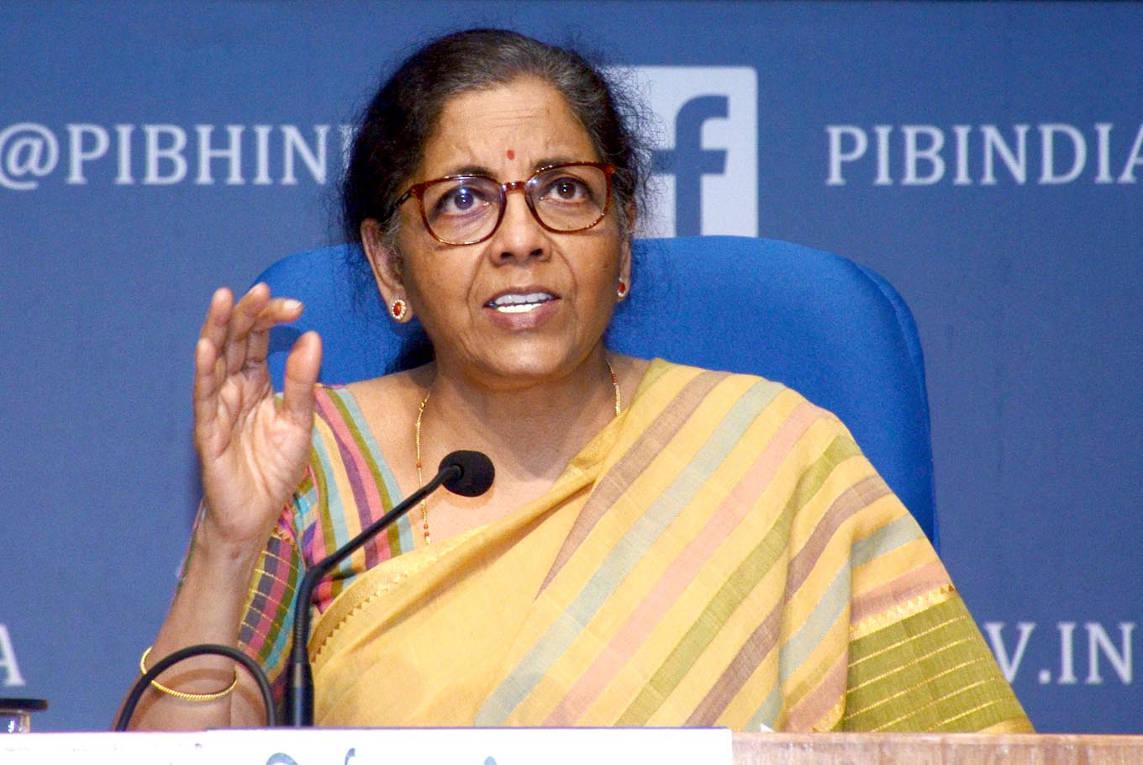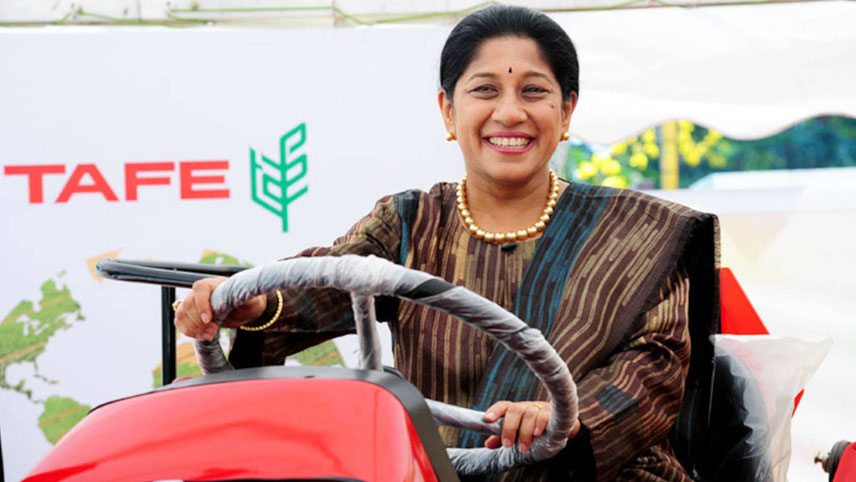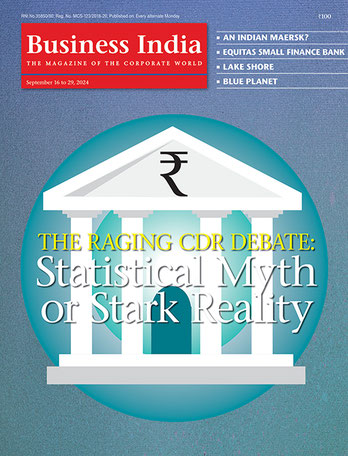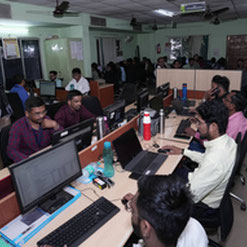Finance minister Nirmala Sitharaman has been invoking the opinion of the Attorney General of India to claim in Parliament that there was no provision in the law to compensate states for loss of GST revenue out of the Consolidated Fund of India. While 21 BJP-ruled states and those ruled by its allies have fallen in line with the Central government’s line on a borrowing plan, the Opposition-run states are still holding out. The 10 Opposition-ruled states have still not opted for the borrowing options. Kerala, Punjab and Chhattisgarh recently stated that the federal structure and the consensual nature of the GST Council is getting eroded with the majority view of the ruling party at the Centre being adopted as the choice for all. Now, fresh ammunition has been provided to the Opposition by the Comptroller and Auditor General (CAG) of India, whose report has found that the government itself violated the law by retaining R47,272 crore of GST compensation cess in the CFI (Consolidated Fund of India) during 2017-18 and 2018-19, and used the money for other purposes, which ‘led to overstatement of revenue receipts and understatement of fiscal deficit for the year’. As such, there was short crediting to the fund of the GST Compensation Cess collections totalling to Rs47,272 crore during 2017-18 and 2018-19. “The short-crediting was a violation of the GST Compensation Cess Act, 2017,” says the national auditor in a report on the accounts of the Union government, tabled in Parliament on the last day of the Monsoon session. According to the provisions of the GST Compensation Cess Act, the entire cess collected during a year is required to be credited to a non-lapsable fund (GST compensation cess fund), which is part of the Public Account, and is meant to be used specifically to compensate states for loss of revenue. However, the government, instead of transferring the entire GST cess amount to the GST compensation fund, retained it in the CFI, and used it for other purposes. ‘Misuse’ of cess Not just that, CAG also noted: “Short crediting of cess collected during the year led to overstatement of revenue receipts and understatement of fiscal deficit for the year.” Elaborating, the report says that, during 2018-19, there was a budget provision of R90,000 crore for transfer to the fund and an equal amount was budgeted for release to states as compensation. However, though Rs95,081 crore was collected during the year as GST compensation cess, Department of Revenue transferred only Rs54,275 crore to the fund. From the fund it paid out Rs69,275 crore (inclusive of an opening balance of Rs15,000 crore in the fund) as compensation to the States/UT. This resulted in savings of Rs35,725 crore on account of short transfer to the fund and of Rs20,725 crore on account of payment of compensation to the states/UTs as against BEs of Rs90,000 crore each for transfer and payment of compensation.
-

Sitharaman: collected but not transferred

































